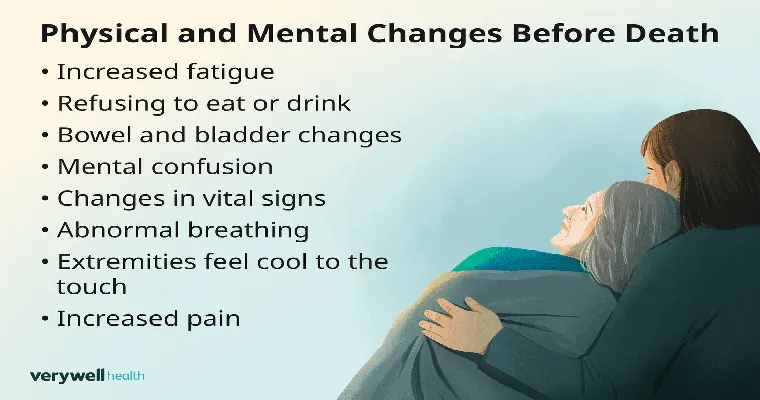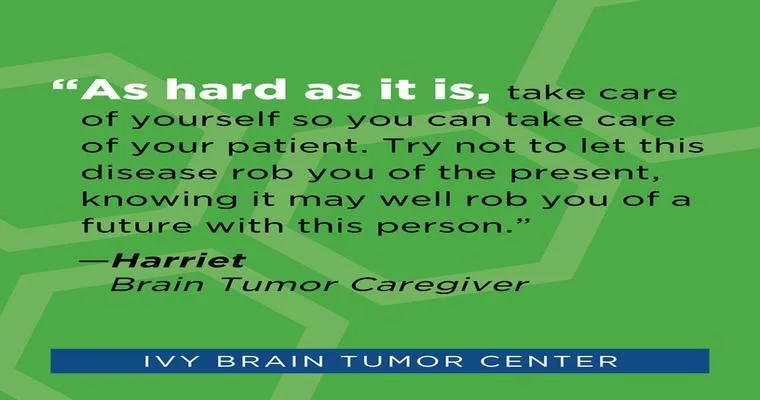Caregiving can be a rewarding yet challenging journey, and having the right resources can make all the difference. This "recommended reading list for caregivers" offers insightful books that cover essential topics such as "self-care", "emotional support", and practical tips for managing caregiving responsibilities. Whether you are a new caregiver or have years of experience, these books will provide valuable knowledge and encouragement to help you navigate your role.
One of the most important aspects of caregiving is understanding the emotional impact it can have on both the caregiver and the person receiving care. "The Caregiver's Companion" by Carolyn A. Brent is an essential read that focuses on "self-care strategies". Brent emphasizes the importance of maintaining your own health while caring for others and provides practical advice on how to balance caregiving with personal needs.
Another excellent resource is "Being Mortal: Medicine and What Matters in the End" by Atul Gawande. This book explores the complexities of aging and end-of-life care, providing caregivers with a deeper understanding of how to support loved ones in their final stages of life. Gawande's perspective on "compassionate care" and the importance of open conversations about death can be invaluable for those in caregiving roles.
For caregivers looking for practical advice, "The Caregiver's Survival Handbook" by Alexis A. Abramson is a must-read. This book covers a wide range of topics, including "time management", "stress relief", and effective communication with healthcare professionals. Abramson offers tools and techniques that can help caregivers navigate their duties while also ensuring they do not neglect their own well-being.
In addition to these insightful reads, "When Caregiving Calls: Principles and Practices for Responding to the Challenge of a Loved One's Aging" by Kathy A. Sweeney is another highly recommended book. This guide encourages caregivers to develop "emotional resilience" and provides strategies for coping with the inevitable challenges that arise in caregiving situations.
"How to Care for Aging Parents" by Virginia Morris is also a valuable resource. It addresses various aspects of caregiving, from understanding the physical and emotional needs of aging parents to navigating the healthcare system. Morris offers practical advice and emotional support, making it a comprehensive guide for those facing the realities of caring for elderly loved ones.
Lastly, "The 36-Hour Day" by Nancy L. Mace and Peter V. Rabins is a classic in the world of caregiving literature. This book specifically addresses the challenges of caring for individuals with dementia and Alzheimer's disease. It provides caregivers with essential information on "behavioral management", communication strategies, and self-care tips tailored to those dealing with cognitive decline.
In conclusion, this "recommended reading list for caregivers" is designed to empower you with knowledge and resources that can enhance your caregiving experience. From emotional support to practical advice, these books will help you navigate the complexities of caregiving while prioritizing your own well-being. Remember, being a caregiver is a journey, and having the right tools at your disposal can make all the difference. Happy reading!





